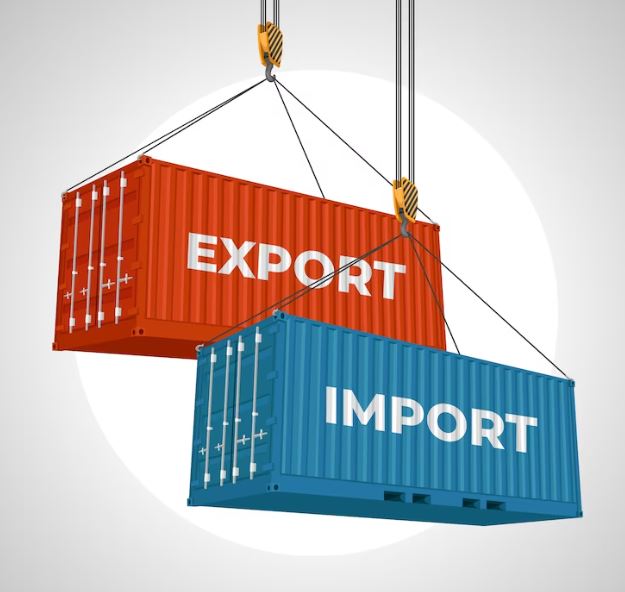Reverse Factoring
Reverse factoring, also known as supply chain finance, is a financing arrangement – trade finance where a large buyer (usually a corporation) works with a financial institution to offer early payment to their suppliers in exchange for a discount.
In a reverse factoring arrangement, the financial institution – export factoring pays the suppliers on behalf of the buyer, usually at a discounted rate. The buyer then repays the financial institution at a later date, typically with interest.
Reverse factoring can be beneficial for both the buyer and the supplier. For the buyer, it can help improve their working capital position by extending payment terms, while also providing a way to support their suppliers by offering early payment. For the supplier, it can provide access to low-cost financing, which can be especially valuable for smaller suppliers with limited access to credit.
However, it is important to note that reverse factoring can also have some potential drawbacks, such as increasing the supplier’s reliance on a single buyer and potentially impacting their creditworthiness if the buyer’s credit rating deteriorates. It is important for both parties to carefully consider the terms of any reverse factoring arrangement and assess the potential benefits and risks.
